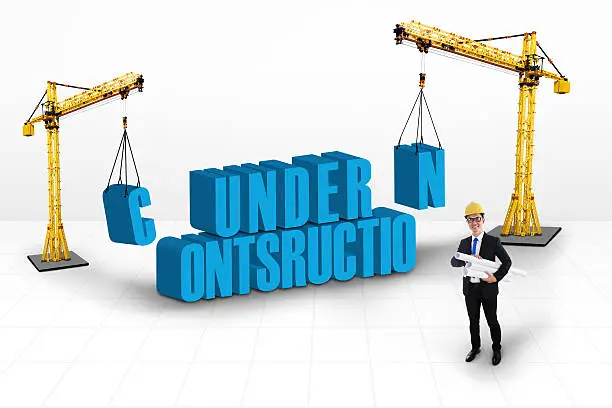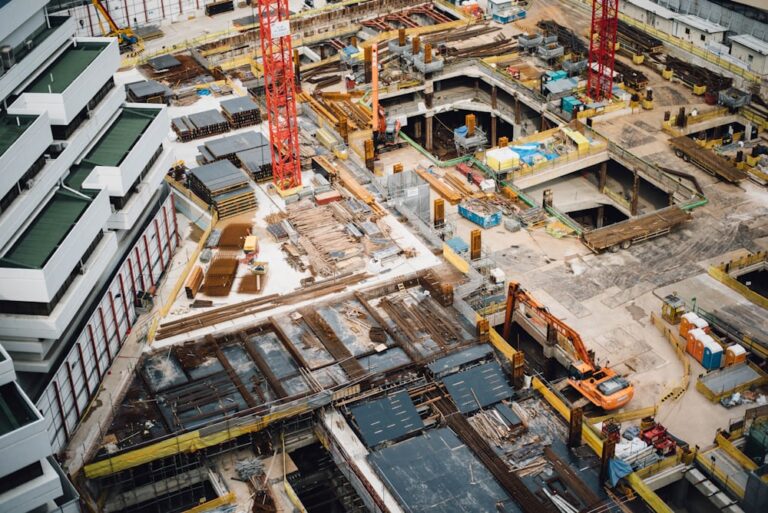Condo association management requires careful financial planning to support the community’s long-term stability. This includes tasks such as budgeting, planning reserve funds, and collecting assessments from unit owners. Here are several financial aspects of managing a condo association:
Operating Budget
A condo association’s operating budget outlines the anticipated income and expenses for a specific period, such as the upcoming year. It may include:
- Maintenance and Repairs: Costs related to shared areas such as landscaping, elevators, and HVAC systems.
- Utilities and Service Contracts: Expenses for services like trash collection, water, and cleaning.
- Administrative Costs: Insurance premiums, legal fees, and management services.
An organized budget helps make sure the association can maintain the property and meet its obligations without unexpected financial strain. It accounts for periodic expenses, like snow removal and pool maintenance, that don’t occur every month. The budget also helps board members make informed decisions about spending, saving, and prioritizing projects throughout the year. When creating the budget, the association board can either complete it themselves or collaborate with an experienced condo management company.
Reserve Planning
A reserve fund is a savings account set aside by a condo association. Its purpose is to cover the cost of significant, long-term repairs and replacements of common property elements. Unlike the regular operating budget, which handles day-to-day expenses, the reserve fund is specifically for large-scale projects that occur infrequently. These projects can support the property’s value and safety, such as repaving parking lots or upgrading security systems.
To determine how much money should be kept in a reserve fund, condo associations should conduct a reserve study. These studies involve a professional assessment of the property’s upkeep needs. The association board uses this information to estimate the timing and resources required for upcoming repairs, and then it sets the appropriate funding goals.
Before completing a reserve study, a condo association can partner with a professional management company. These companies assist in conducting or coordinating the study, and they help develop a funding plan tailored to the community’s needs. They can recommend appropriate contributions to the reserve fund so that it meets future obligations without sudden spikes in owner assessments.
Assessment Collection
In a condo association, unit owners make regular payments to cover the shared costs of property upkeep. These are referred to as assessments or dues, and they are a key financial component of condo association management. The dues provide a revenue stream to support daily operations and long-term planning.
There are several types of assessments, including monthly or quarterly dues and special assessments. Monthly or quarterly dues are standard payments, and they help fund the community’s operating budget and reserve fund. Special assessments are one-time charges that are applied when unexpected or large expenses occur that the reserve fund cannot cover. These might include emergency repairs for roof damage, major upgrades like new elevators, or legal settlements. Collecting each assessment on time makes sure the association can meet its financial obligations, from paying utility bills to covering vendor contracts.
Financial Reporting
Accurate financial reporting provides transparency and accountability within the community, and it can simplify decision-making for board members and unit owners. It helps everyone understand the association’s economic health. Reports may include:
- Cash Flow Statements: Track cash inflow and outflow to make sure the association can meet its obligations.
- Balance Sheets: Show the association’s assets, liabilities, and equity at a set point in time.
- Reserve Fund Reports: Provide updates on the reserve fund’s status and activities.
- Delinquency Reports: Highlight outstanding owner assessments or fees to help manage dues more effectively.
- Budget Versus Actual Reports: Compare the planned budget with actual financial performance.
Each report helps the board maintain the community’s financial stability. They make future planning easier and enable associations to identify potential financial issues in advance. To simplify reporting further, association boards can hire a condo management team to complete their bookkeeping and recordkeeping tasks.
Partner With Condo Association Management Services
Effective financial management helps condo communities run smoothly and remain stable over time. It holds association boards accountable, and it shows unit owners where their money is being used. Contact a condo management team today to learn more about their services and streamline your association’s financial processes.






